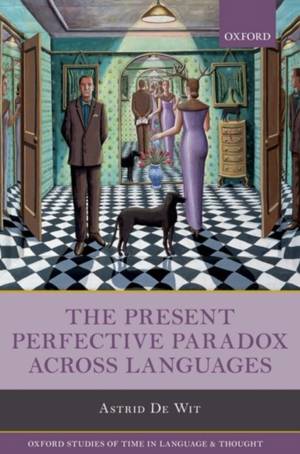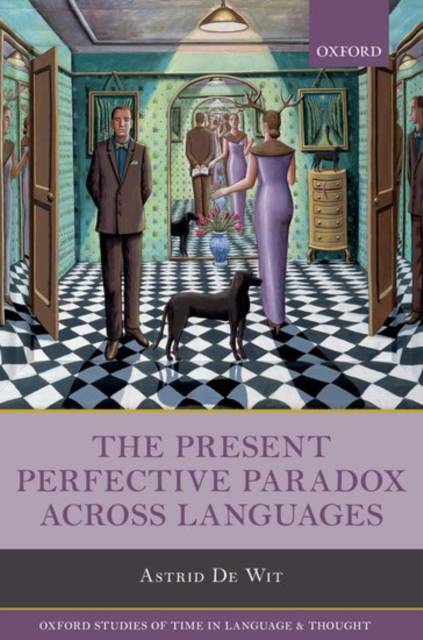
- Afhalen na 1 uur in een winkel met voorraad
- Gratis thuislevering in België vanaf € 30
- Ruim aanbod met 7 miljoen producten
- Afhalen na 1 uur in een winkel met voorraad
- Gratis thuislevering in België vanaf € 30
- Ruim aanbod met 7 miljoen producten
Zoeken
Omschrijving
This book presents an analysis of how speakers of typologically diverse languages report present-time situations. It begins from the assumption that there is a restriction on the use of the present tense to report present-time dynamic/perfective situations, while with stative/imperfective situations there are no such alignment problems. Astrid De Wit brings together cross-linguistic observations from English, French, the English-based creole language Sranan, and various Slavic languages, and relates them to the same phenomenon, the 'present perfective paradox'. The proposed analysis is founded on the assumption that there is an epistemic alignment constraint preventing the identification and reporting of events in their entirety at the time of speaking. This book discusses the various strategies that the aforementioned languages have developed to resolve this conceptual difficulty, and demonstrates that many of the features of their tense-aspect systems can be regarded as the result of this conflict resolution. It also offers cognitively plausible explanations for the conceptual structures underlying the interactions attested between tense and aspect.
Specificaties
Betrokkenen
- Auteur(s):
- Uitgeverij:
Inhoud
- Aantal bladzijden:
- 236
- Taal:
- Engels
- Reeks:
Eigenschappen
- Productcode (EAN):
- 9780198759539
- Verschijningsdatum:
- 20/12/2016
- Uitvoering:
- Hardcover
- Formaat:
- Genaaid
- Afmetingen:
- 152 mm x 236 mm
- Gewicht:
- 498 g

Alleen bij Standaard Boekhandel
+ 402 punten op je klantenkaart van Standaard Boekhandel
Beoordelingen
We publiceren alleen reviews die voldoen aan de voorwaarden voor reviews. Bekijk onze voorwaarden voor reviews.








